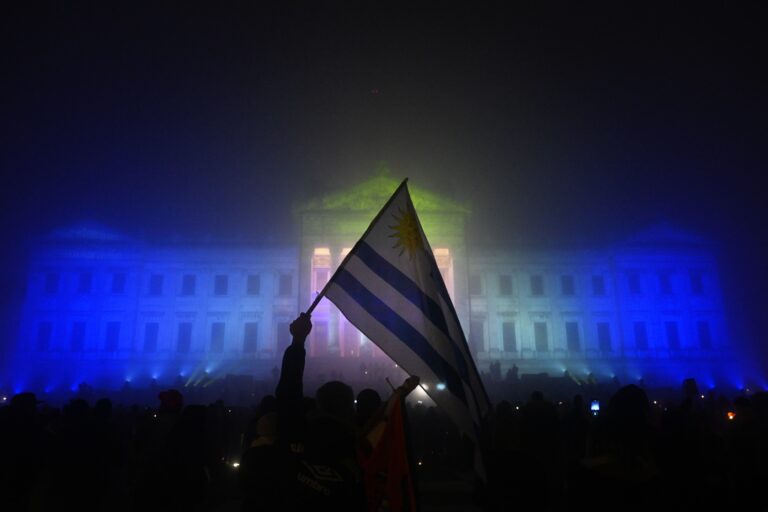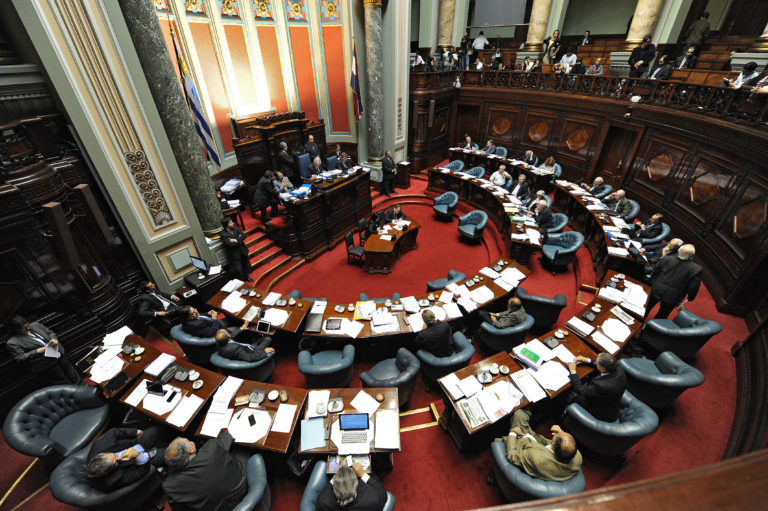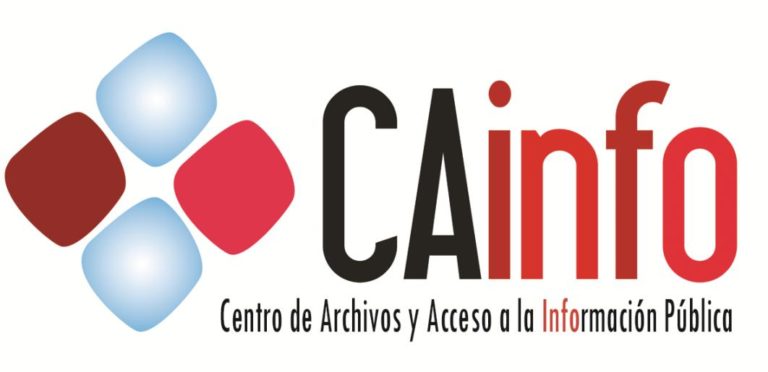Reporters Without Borders supports a proposed broadcast media law, known as the SCA or Ley de Medios, which Uruguay’s Chamber of Deputies began considering on 22 May and which is due to be submitted to the Senate by the end of the year.
Reporters Without Borders supports a proposed broadcast media law, known as the SCA or Ley de Medios, which Uruguay’s Chamber of Deputies began considering on 22 May and which is due to be submitted to the Senate by the end of the year.
The media freedom organization therefore regrets the pressure that some media groups have recently been exercising in an attempt to delay or block adoption of this bill, which could weaken their dominant position.
The provisions and goals of Uruguay’s SCA recall those of Argentina’s SCA, which we supported in principle although its implementation continues to be held up by a regrettable climate of polarization between the government and some privately-owned media.
Uruguay has so far avoided similar polarization and we hope that examination of this bill will not provide any pretext.
The dominant broadcast media groups are hostile to the proposed law, which would promote less concentrated ownership. Last week, the owners of Channels 4, 10 and 12 boycotted the digital broadcast licence allocation process until the last day, 8 July, although they had been assured that their licences would be renewed.
Hoping to keep all their frequencies and, furthermore, get the government to do a U-turn on the proposed law, they finally agreed to renew their licences in return for a 10-day extension to the deadline for presenting their programme plan to the Regulatory Unit for Communication Services (URSEC).
“This kind of blackmail is unacceptable,” Reporters Without Borders said. “The defence of a broadcast or print media company’s business interests must not be confused with the fight for freedom of expression or information. It is regrettable that the bill’s opponents are trying to confuse the two. Promoting more pluralism includes expanding the availability of broadcast frequencies in a transparent and fair way, and we think the SCA will do this. We support legislation or legislative provisions in Uruguay and elsewhere in the western hemisphere that promote less concentrated ownership and a balance between state-owned, privately-owned and community media. It should be recalled that Uruguay was a regional pioneer for community broadcast media, adopting a law in 2007 that assigned them a third of AM and FM radio frequencies and over-the-air television broadcast frequencies.”
Reporters Without Borders particularly supports articles 44 and 45 of the SCA, which aim to prevent broadcasting oligopolies. Article 44 would limit each owner to no more than two AM, two FM and two over-the-air broadcast TV licences anywhere in Uruguay, while article 45 would limit ownership of subscription TV services.
At the same time, no person or company would be able to have more than six licences anywhere in the country and no more than one in a single locality – a ceiling that would increase to three in Montevideo department.
Initial concessions would be valid for 10 years for radio and 15 years for TV while, in both cases, the renewal period would be 10 years (article 117). They would be allocated on the basis of competitive bids that would be conducted transparently and would include public consultation, as in the 2007 community radio law.
In a major safeguard against censorship, article 106 forbids “discriminatory use of the granting or renewal of permits and licences with the aim of exercising pressure in order to punish or reward journalists or media according to their news coverage or editorial policies.” Such a clause could usefully have been included in similar legislation in other countries in the region.
While the SCA would restrict programming at certain times of the day to protect minors and would impose a nationally-produced content quota, it refrains from any other attempt to control or regulate content. In this, it is similar to Argentina’s SCA and quite different from Ecuador’s recently-adopted media law.
Reporters Without Borders concluded: “In every respect, the future SCA is a model of media regulation for other countries in the region, where freedom of information suffers from glaring imbalances. The civil society debate that oversaw the drafting process was also exemplary.”


